
「藝術乃意志的表現」 在宅之前,首先是個人。 BTW,萌豚(蘿莉控)+左膠算是絕無僅有的稀世組合吧? 喜歡分析世事萬象,賣弄一下冷知識,比起傳媒記者更想做個述道者,講講故事、談談道理、推推知識。 Matters所有文章應該均開放免費閱讀,不用為了看文而付費。 對了,隨時接受邀稿。
Interpretation of Hong Kong, Taiwan, Taiwan and Hong Kong terms (6)~(10)
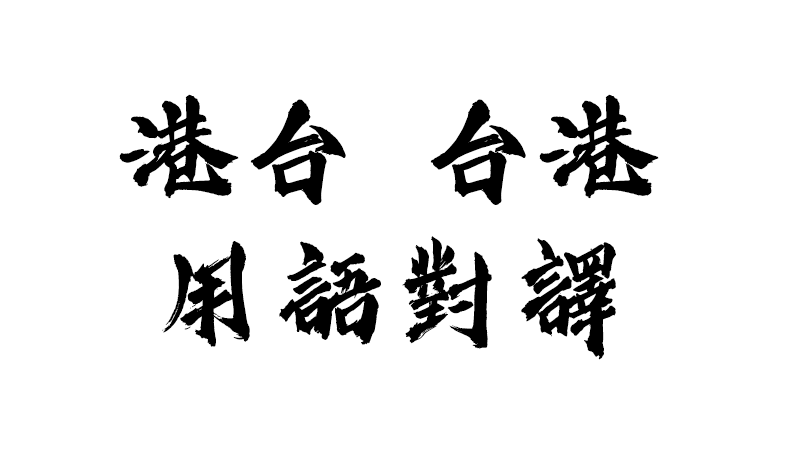
The second part of the series, the first (?) remarks and explanations are put at the end so as not to waste everyone's time.
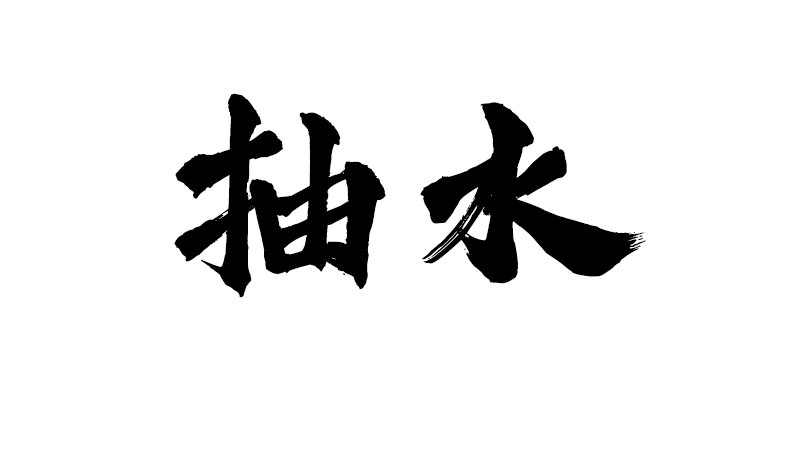
(6) Pumping water:
[Hong Kong term] Water is wealth, and the winners take a portion of the proceeds to go to the public (the banker/casino owner) to "draw water" for it. Now it generally refers to the behavior of extracting benefits without authorization, and more often refers to the behavior of making fun of others. The degree is very high, and sometimes such people are called "dehumidifiers". If it refers to sexual harassment of physical contact, it is also used as "wiping oil" and "requesting oil". Sometimes "wiping oil" can also be used to ridicule for excuses, but it is not often used, and "requesting oil" is not used in this way; if it refers to extracting profit, it is also used as "food oil". "Water" and "Water is so deep" means that there is a lot to gain from it, which is negative.
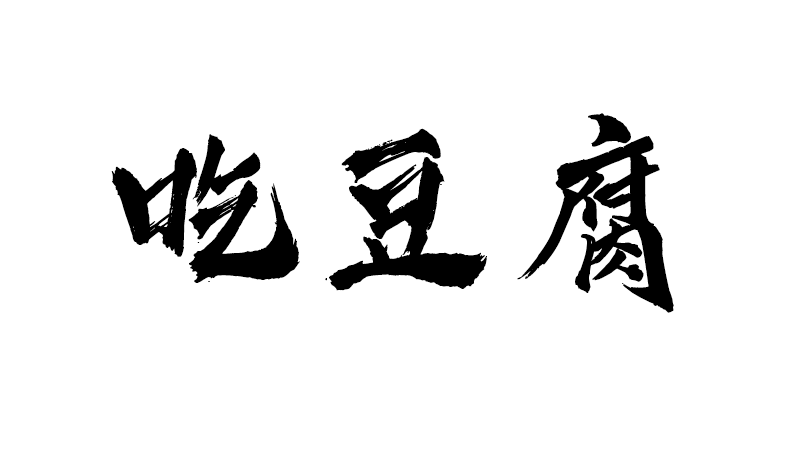
Corresponding Taiwanese term: eat tofu
Taking advantage of others often refers to sexual harassment, molesting, and verbally taking advantage. For example, calling TSMC the company with the highest market value in China (PRC) is a kind of tofu-eating behavior.
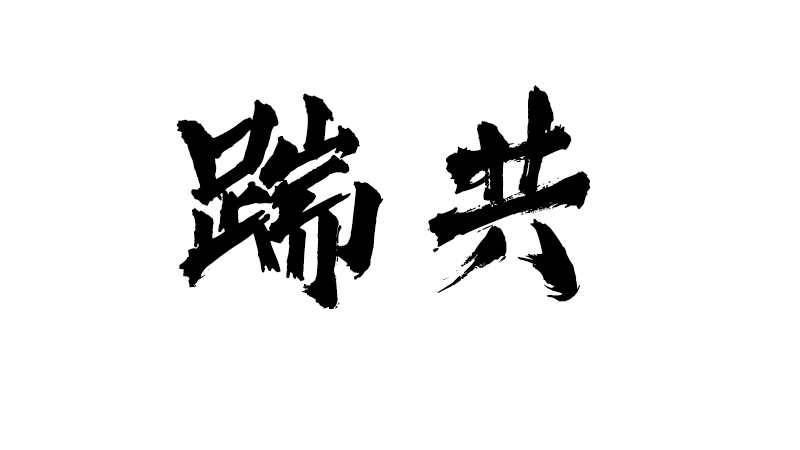
(7) Kick a total of:
[Taiwanese language] When you come out and speak Taiwanese, you can borrow the phonetic words in harmony, and you will soon be like when you read it. It has become popular since PTT, and it has nothing to do with the Communist Party. The original intention is to ask people to walk out of the Internet to have a real-life interview, but usually it means to tell people not to hide and face the incident directly, so it is often used with mood particles, such as "Kickong La", the usage is similar to "come out to face", but "Kickong" Concise and powerful language is more imposing.

Corresponding to the Hong Kong term: 出嚟
嚟 (来), the pronunciation is the same as Li, because it is not convenient to input, it is usually replaced by the word Li, which means to come, such as "Buy Li" (come here), "Huoduo Li" (breath on the heart). The famous meme-level phrase of Hong Kong people: "Call your manager out of Li!", which means that the person in front of you "has nothing to say" (can't decide), and you need to find a higher-level executive who can make decisions to negotiate directly.
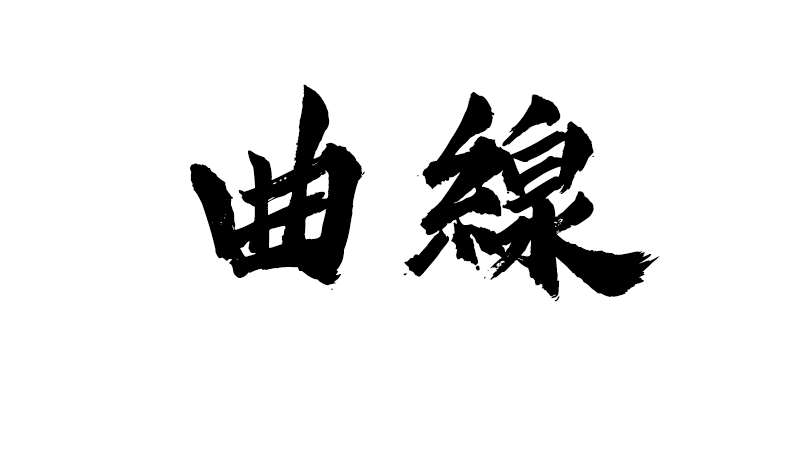
(8) Curve:
[Hong Kong language] comes from "curve to save the country", which caters to the interests of the Japanese army to use the map, and extends to exaggerate the negative side to highlight its absurdity and achieve the opposite purpose. For example, during the Hong Kong and Taiwan elections, the CCP's words often "curve the election" for the anti-communist side, and sometimes "Curve" is too difficult to make people think that it is the opposite of the literal expression. It will be called "curve to circle". It is difficult to distinguish whether it is collinear or not. It is called "curved and straight". Ming" tag, or abbreviated as "#曲".
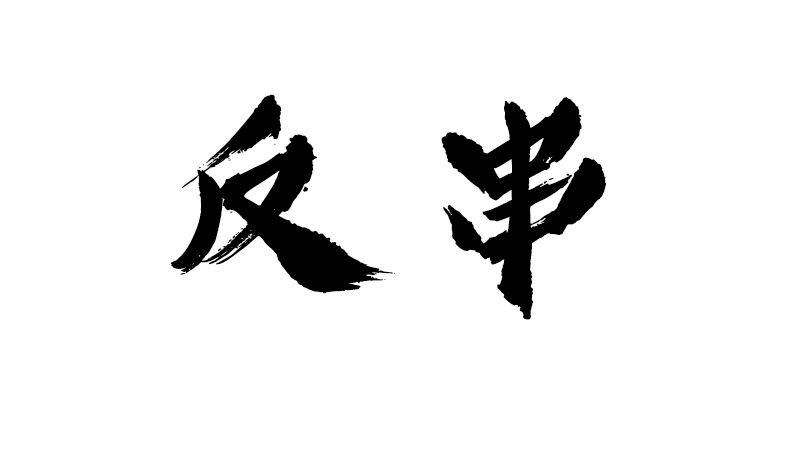
Corresponding to Taiwanese term: reverse string
Attacking oneself by pretending to be the opponent's formation to promote disputes or create public opinion, sometimes just purely satirical or funny. There is also the meaning of men disguising as women, which is often used in Hong Kong to refer to this meaning.
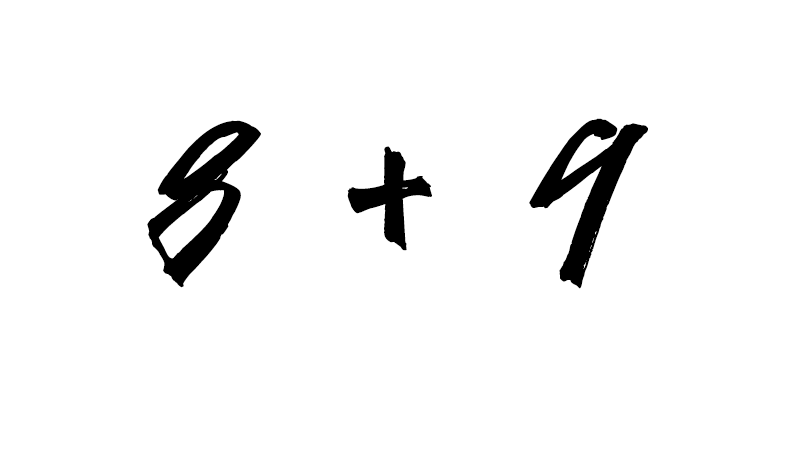
(9) 8+9:
[Taiwanese language] Also known as "Baga 囧", the Taiwanese loan word for "eight generals", which originally refers to the leading gods in Taiwanese folk beliefs. It is extended to the people who play these gods. , on the Internet, it has become a reference to bad teenagers and even underworld gangsters, or people who specialize in flirting with right and wrong, with a derogatory meaning. Baga and バカ (Japanese idiot) are purely coincidental.
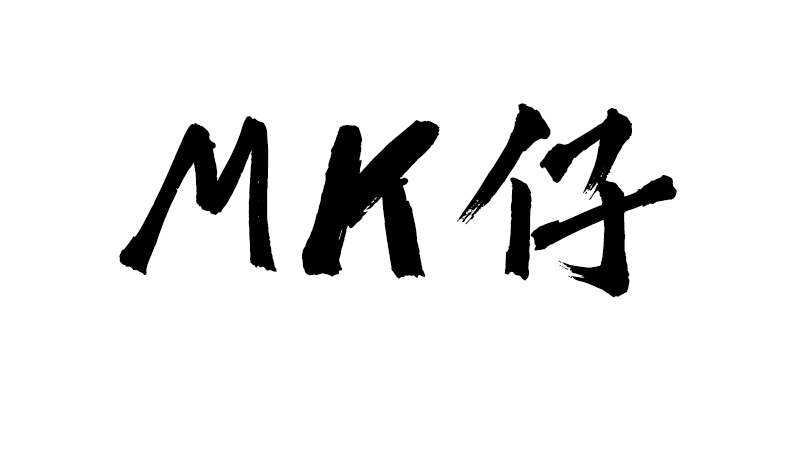
Corresponding to Hong Kong language: MK boy
MK is the abbreviation of Mong Kok. Mong Kok is the center of entertainment for young people. MK culture refers to the unique trend culture centered on Mong Kok. of youth (people). It is characterized by outstanding behavior and lingering among cronies and blindly following the trend, so it is often derogatory and looks like a gangster boy, but most of them are not really gangsters.
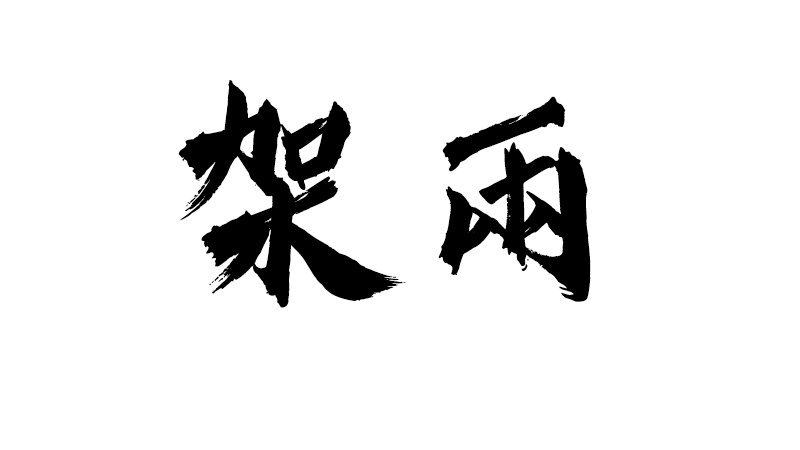
(10) Two racks:
[Hong Kong language] Usually used as "doing a fight with two", referring to the road to help or persuading the injustice, but at the same time with a derogatory meaning, referring to people who are nosy. It is often the second-person pronoun in which the intervened party asks the intervener, "Does it mean to do two fights?" (Do you want to be a nosy?), and occasionally the intervener calls himself. Sometimes it is jokingly called "making fried liang", fried liang is fried food, and the sound is close to shelf liang.
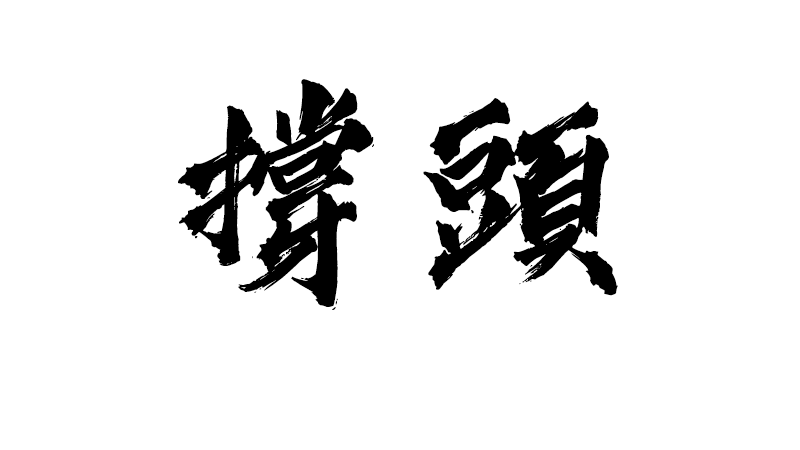
Corresponding to Taiwanese term: support head
The Taiwanese language borrowing the sound of the first one has the meaning of being nosy, and it is also used for things that are related to oneself but not within one's reach (incapable of being able to stand out).
Hong Kong and Taiwan are the only places in the world where formal Chinese is used. Basically, they can communicate with each other, but there are still some differences in terms of usage. In this series, we will select some unique terms from Hong Kong or Taiwan to explain their usage and meaning, as well as other places. corresponding term.
The meaning and usage of the words are only for personal research and are not authoritative, and suggestions are welcome. Cantonese and Taiwanese words will be given priority to easy to understand, and the orthographic characters (if any) are only supplementary. Due to cultural differences between the two places, some words may not be found exactly corresponding words, and we will try to find words with similar meanings. As for phonetic transcription, let's not say that Hong Kong people rarely use phonetic transcription, even friends who are in Taiwan don't understand it, and vice versa. You can make good use of the CUHK Cantonese Phonology Library http://humanum.arts.cuhk.edu.hk/Lexis/Canton2/ .
It was first published on personal Twitter and Pulang. This is a collection and supplement. When included, the description that was originally omitted for the word limit will be supplemented. It will consider the degree of common use, the degree of easy misunderstanding/incomprehension, the degree of correspondence is given priority to the corresponding words, the degree of uniqueness/interesting will also be considered, it may be very serious or very serious, and any meaningful words that may be encountered in life will be put up , nominations are welcome.
Like my work?
Don't forget to support or like, so I know you are with me..
Comment…